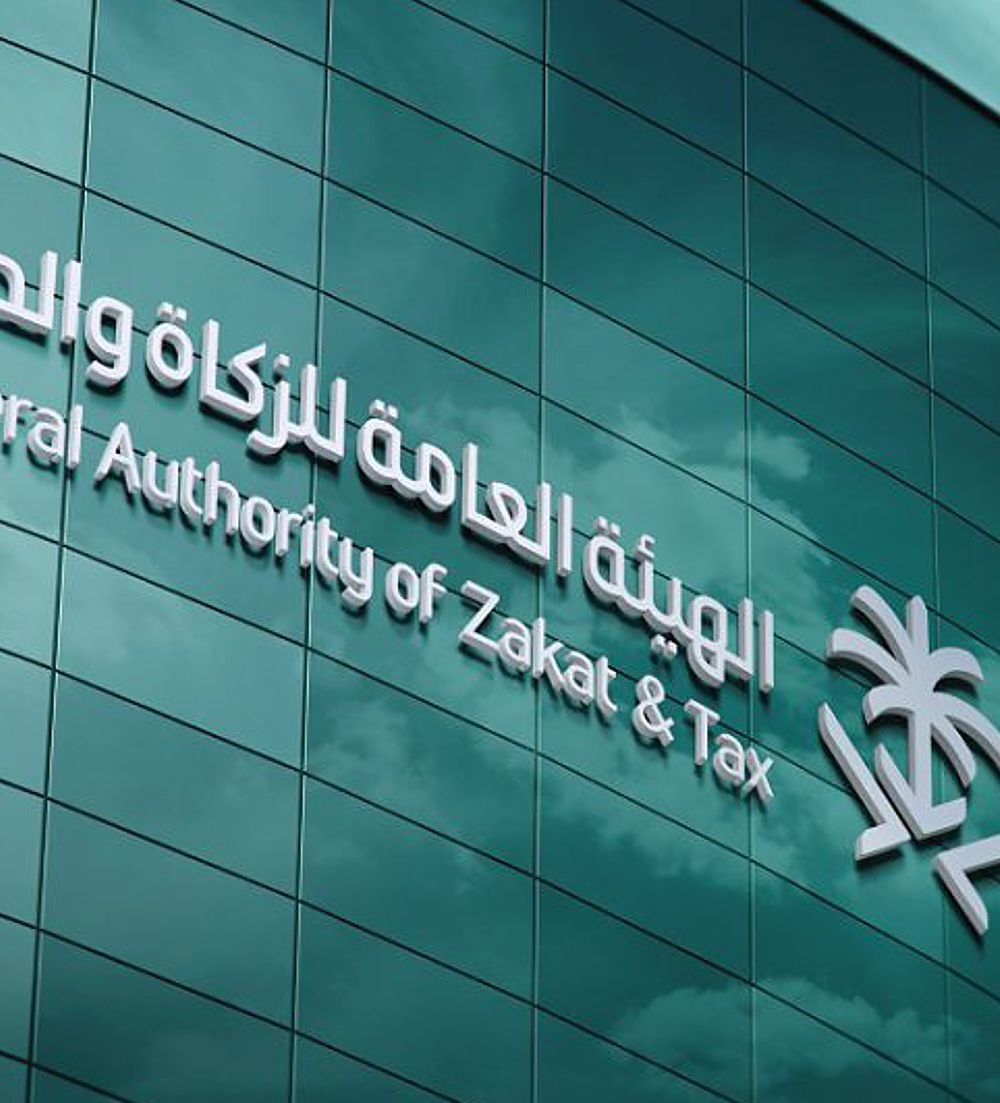Managing fixed assets is a crucial aspect of success for businesses in Saudi Arabia. These assets include the properties and equipment companies use in their daily operations. Here are some tips on managing fixed assets and their importance for businesses:
Importance of Fixed Asset Management
- Improved Efficiency:Fixed asset management helps improve the efficiency of using these assets and reduces downtime and unplanned outages.
- Cost Reduction:Through regular maintenance and proper planning, maintenance, repair, and replacement costs can be reduced.
- Increased Productivity:When assets are in good condition and operating efficiently, this leads to increased productivity and improved quality.
- Enhanced Safety:Fixed asset management helps improve workplace safety and reduce accidents and injuries.
- Compliance with Standards:Proper management of fixed assets ensures that companies comply with government standards and regulations.
- Better Decision-Making:Provides accurate information about the condition of fixed assets, which helps in making better decisions regarding replacement and renewal.
Tips for Managing Fixed Assets
Develop a Comprehensive Plan: A comprehensive plan should be developed for managing fixed assets that includes all aspects of management, from planning and purchasing to maintenance and disposal.
Define Responsibilities: Clear responsibilities should be defined for each individual or department responsible for managing fixed assets.
Asset Registration: All fixed assets should be recorded in the asset register and updated regularly.
Develop a Maintenance System: A periodic maintenance system should be developed for fixed assets to ensure their efficient operation and reduce breakdowns.
Asset Valuation: Fixed assets should be valued regularly to determine their current value and estimate their remaining useful life.
Disposal of Old Assets: Old assets that are no longer valuable or have become costly to maintain should be disposed of.
Use of Technology: Technology can be used in fixed asset management, such as asset management software and tracking systems.
Training and Development: Continuous training and development should be provided to employees responsible for managing fixed assets.
Review and Update: The fixed asset management plan should be reviewed and updated regularly to ensure that it remains effective and appropriate.
Consulting with Experts: Experts in fixed asset management can be consulted for advice and guidance.
Additional Considerations for Businesses in Saudi Arabia
- Compliance with Government Regulations: Companies in Saudi Arabia must comply with government regulations related to fixed asset management.
- Accounting Standards: Companies must adhere to international accounting standards when recording fixed assets and preparing financial reports.
- Climatic Conditions: The climatic conditions in Saudi Arabia should be considered when selecting fixed assets and determining maintenance procedures.
By following these tips, businesses in Saudi Arabia can improve the management of their fixed assets, increase their efficiency, reduce their costs, and improve their overall performance.




